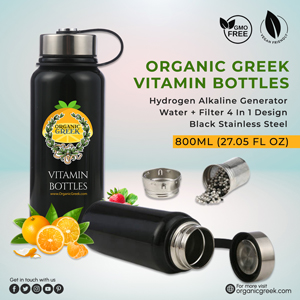
The Respiratory Syncytial Virus (RSV) lower respiratory tract disease in neonates and infants born during or entering their first RSV season, as well as in children up to 24 months old who remain susceptible to severe RSV disease through their second RSV season, has been approved by the U.S. Food and Drug Administration as Beyfortus (nirsevimab-alip).
Before or during an infant’s first RSV season, nirsevimab is given.
According to researchers, RSV is the most common reason for hospitalization in children younger than one year old. sold under the brand name Beyfortus.
Nirsevimab, marketed as Beyfortus, received FDA approval just before the autumn RSV season. In August, a group of impartial experts from the Centers for Disease Control and Prevention will convene to discuss suggestions on how the shot ought to be given by medical professionals.
A different shot called palivizumab is already available, but it is often administered to newborns who are preterm or who have congenital heart and lung abnormalities that place them at a high risk of developing serious illness. A single injection can also be used to give nirsevimab. Compared to palivizumab, which is given every month throughout RSV season, this is a significant advantage.

“RSV can cause serious disease in infants and some children and results in a large number of emergency department and physician office visits each year,” said John Farley, M.D., M.P.H., director of the Office of Infectious Diseases in the FDA’s Center for Drug Evaluation and Research. “Today’s approval addresses the great need for products to help reduce the impact of RSV disease on children, families and the health care system.”
RSV is a virus that causes acute respiratory infection in individuals of all age groups. While most infants and young children experience mild, cold-like symptoms, some infants, especially with their first infection, develop lower respiratory tract disease such as pneumonia and bronchiolitis (swelling of the small airway passages in the lungs), that often leads to an emergency department or physician office visit. Premature infants, and those with chronic lung disease of prematurity or significant congenital heart disease, are at highest risk for severe RSV disease. Approximately 1% to 3% of children under 12 months of age in the United States are hospitalized each year due to RSV, according to the American Academy of Pediatrics.
In most parts of the U.S., RSV circulation is seasonal, typically starting during the fall and peaking in the winter; it is transmitted from person to person through close contact with someone who is infected.

Beyfortus is a monoclonal antibody with activity against RSV. Monoclonal antibodies are laboratory-made proteins that mimic the immune system’s ability to fight off harmful pathogens such as viruses. One dose of Beyfortus, administered as a single intramuscular injection prior to or during RSV season, may provide protection during the RSV season.
Source: FDA.Gov
Celebrity News Update. Premier Jewelry designer and manufacturer fashion house ParisJewelry.com has started manufacturing a new custom line of celebrity jewelry designs with 30% Off and Free Shipping. Replenish Your Body- Refilter Your Health with OrganicGreek.com Vitamin Bottles, Vitamins and Herbs. Become a WebFans Creator and Influencer.

